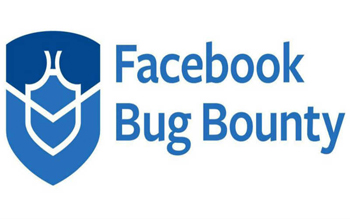Oct 14: In a post yesterday, Facebook revealed that Indian cyber security pros are at the top of the list for rewards distributed under the company's bug bounty program.
 Launched in 2011, the program was created to report security flaws and bugs in Facebook. Later, it's ambit was extended to cover other Facebook owned operations such as Instagram and WhatsApp.
Launched in 2011, the program was created to report security flaws and bugs in Facebook. Later, it's ambit was extended to cover other Facebook owned operations such as Instagram and WhatsApp.
The Facebook post suggested that in 5 years the company has given out $5 million dollars to ethical hackers who have reported various software bugs. It also pays out in BitCoins to programmers who prefer cyber currencies.
So far in 2016, over 9,000 bug related incidents have been reported to Facebook. And a total of 149 researchers were paid the sum of $611,741, with India receiving the highest payout followed by USA and Mexico.
"Over the past few months, we've sought to better understand what researchers like about our program and where they'd like to see changes," Joey Tyson of the Facebook security team said, while laying out future plans. "Five years of experience has helped us refine and strengthen many aspects of our program, and we heard from researchers that they appreciate our rewards, triaging, and quick fixes."
Earlier this year, a Bengaluru techie won a reward of $15,000 for finding a flaw related to the password system. In September, another Indian found a bug that could have allowed anyone to delete a user's photos. He was given $12,500 by the the social networking company.
Twitter also has a bug bounty program that was initiated in 2014. It has paid $322,420 to the researchers over the course of two years.





Comments
Add new comment